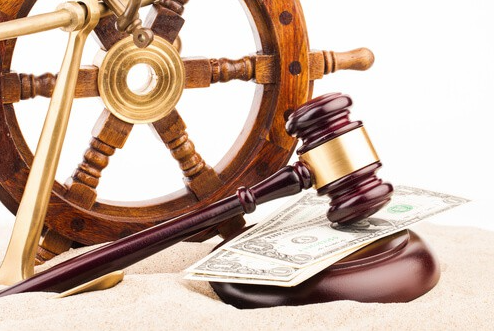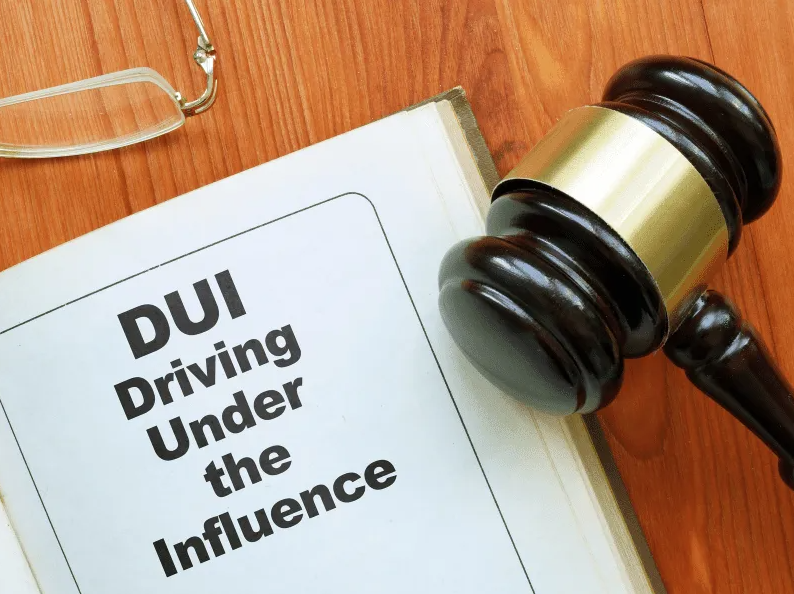What Does a Maritime Lawyer Do and How to Choose a Maritime Lawyer?
A maritime lawyer represents clients in court or settlement negotiations involving incidents that occur on navigable waters. Whether your vessel caused damages or you’ve been harmed in an accident governed by maritime law, a maritime lawyer can advocate on your behalf.

When Do You Need a Maritime Lawyer?
Maritime law applies only in specific circumstances. A lawyer can help you determine whether your issue falls under admiralty jurisdiction, which depends on where the incident occurred and its connection to commercial activity on the water.
Common situations where people need a maritime lawyer include:
1.Boat collisions: Your vessel collides with another vessel.
2.Dock accidents: A boat damages your dock, or your vessel strikes a dock.
3.Pollution: A vessel releases waste or other pollutants into the water.
4.Injuries: You are injured—or injure someone else—during an accident on open water.
Because maritime law is highly specialized, having an attorney who understands it is essential.
Types of Maritime Claims
Wrongful Death and Personal Injury
State workers’ compensation laws do not cover maritime workers. Instead, federal law governs claims for wrongful death or personal injury involving:
1.Longshoremen
2.Passengers
3.Seamen
In most maritime injury cases, fault is not a deciding factor. Injured individuals are automatically entitled to “maintenance and cure” benefits, which cover living expenses and medical care.
Negligence Under the Jones Act
The Jones Act provides compensation when an employee or shipowner is negligent, or when a vessel is deemed unseaworthy. Compared to most state workers’ compensation claims, the Jones Act allows for significantly larger awards, which may include:
1.Lost wages and earning capacity
2.Medical expenses
3.Disfigurement
4.Pain and suffering
5.Mental anguish
To recover under the Jones Act, a claimant must:
1.Prove their status as a protected worker at the time of injury.
2.Identify the remedies that maximize financial recovery.
3.File the case within the statute of limitations in the appropriate court.
4.how that negligence by an employer or coworker caused the injuries.
How to Choose a Maritime Lawyer
When selecting a maritime lawyer, consider factors such as:
1.The source of the injury (accident, defective product, negligent maintenance, or workplace incident).
2.The type of legal claim you need to pursue.
3.Whether your case involves personal or business matters.
4.Whether you are injured as a passenger or a maritime worker.
An experienced maritime lawyer understands the complexities of admiralty law and can help you navigate disputes involving contracts, accidents, injuries, or international waters.




